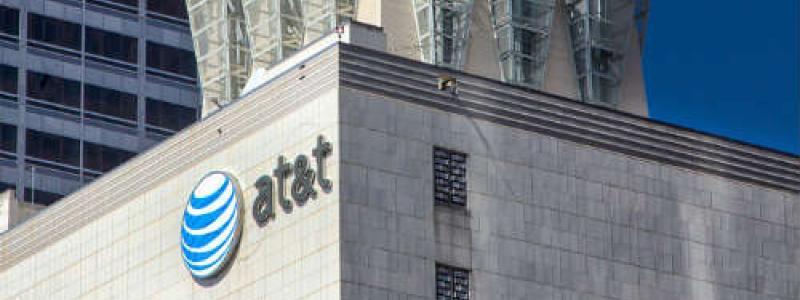AT&T Proposes Compromise for Net Neutrality

The Internet has been a topic of much debate throughout this past year. Activists wishing to keep the principle of net neutrality are facing off with the country's biggest Internet providers, companies that want to charge certain websites a fee for faster loading services. Amid the debates, AT&T has concocted a proposed solution to appease both parties.
Proposing a Net Neutrality Compromise
While government regulators are still collaborating on the newest net neutrality laws, mega-company AT&T has proposed a purported compromise to the Federal Communications Commission.
The net neutrality debate has involved so much heat because big companies like Comcast and the aforementioned AT&T are attempting to create Internet "fast lanes." These fast lanes would offer quicker services to websites that have already paid fees to the Internet providers. In the eyes of activist groups such as Reddit, this severely hinders online equality and pushes poorer companies to the back of the Internet line, effectively ending what many believe to be the Internet's main purpose: free speech.
AT&T wants the best of both arguments and has introduced the idea of fast lanes at the user's discretion, rather than that of the fee-collecting Internet providers.
User Discretion on Fast Lanes
Speedier service at the behest of the Internet users themselves is a new idea meeting cautious approval with net neutrality factions. Users will be able to direct their Internet providers to put one activity over another; that is, a user could tell the provider to prioritize Netflix over Skype, or email messaging over online gaming, as a few examples.
This proposal has been a hot topic with the online-obsessed public; the FCC is already taking comments numbering in the hundreds of thousands, and the amount keeps on growing. As a result, the final decision on net neutrality rules will be made in as soon as a few months.
The Original Debate
FCC drafted a copy of its pending rules earlier in the year. The original rules would have allowed Internet service provider companies to require fees from websites that want content to load faster than the content of their competitors. Just one relevant issue springing from this is the possibility that Amazon could pay to load its content faster than its primary competitor, eBay.
Activists who claim to want a free Internet have pushed back against this. After the introduction of FCC's draft, there was an uproar over innovation's apparent suffocation. Companies already possessing a major online presence could scoop up the customers of new, creative companies that are just starting up with limited funds.
This upsets the very balance of net neutrality; it is, after all, the concept that providers need to treat every piece of content in an equal manner. Introducing fees will cut the innovation of companies that have the potential to become major boons to their industries. Many could not possibly keep up with established businesses that can pay premium fees to keep themselves at the top.
Details of the Proposal
AT&T's proposal would bar the service providers from making decisions on Internet fast lanes. Instead, the decision is put into each user's hands. Proponents of net neutrality such as Free Press are meeting this with mixed feelings; on one hand, prioritization driven by the users themselves can obviously enhance the welfare of many Internet users; on the other hand, the service providers would likely still charge fees to the companies that users choose to prioritize.
The fees would be orchestrated by the users themselves and not the providers, but there would still be charges all the same. When a user chooses a website to receive fast lane service, that website will likely be charged by the provider anyway, keeping the inequality that everyone was so afraid of in the first place.
Matt Wood, the current policy director at Free Press, has expressed his worries in no uncertain terms; he believes AT&T is saying that once users choose a website for fast lane services, the providers should be able to charge that website the long-anticipated fees.
This debate is still ongoing, and there is not yet a final decision from the FCC. However, it is undeniable that Internet users will be arguing about AT&T's new moneymaking scheme for months to come.
Related Blog Articles
- The Samsung Galaxy Note 4: What You Should Know
- Verizon Reduces Price Of Its Moto X To $49.99
- Are You Thinking Of An Early Upgrade Plan For Your iPhone 6 Already?
- Wanna Switch From Your iPhone To An Android Device?
- Microsoft Releases Three New Apps For Android Devices
- Preordered Sony Xperia Z3 Phones From T-Mobile Arriving Ahead Of Official Launch Date
- Beats Music App To Be Discontinued By Apple
- FCC Suspends Reviews of AT&T-DirecTV, Comcast-TWC Mergers
- Android 5.0 Lollipop: What You Need To Know
- Sprint Spark LTE Service Expands To 17 New Markets


 Menu
Menu